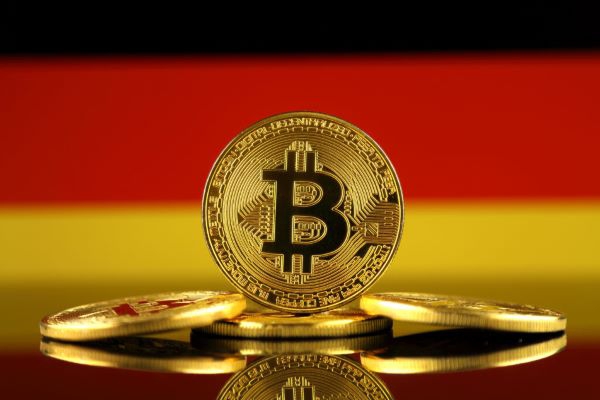Highlights:
- Germany seized 47 crypto exchanges for violating anti-money laundering regulations.
- The operators are accused of concealing the origins of criminally obtained funds on a large scale.
- The crackdown aligns with Germany’s broader strategy to combat cybercrime and strengthen regulations.
German law enforcement agencies have taken down 47 crypto exchanges allegedly involved in criminal activities, including money laundering. The operators of the now-closed exchange services are accused of intentionally hiding the origins of criminally obtained funds on a large scale by neglecting to enforce legal anti-money laundering measures, Germany’s federal criminal police office (BKA), Frankfurt’s main prosecutor’s office, and the Central Office for Combating Internet Crime (ZIT) said in a Sept. 19 statement.
The German Attorney General's Office in Frankfurt and the country's Federal Criminal Police have shut down 47 cryptocurrency exchanges suspected of being involved in criminal activities such as money laundering. BKA said that these exchanges deliberately failed to fulfill their…
— Wu Blockchain (@WuBlockchain) September 20, 2024
German Authorities Crack Down on Non-Compliant Exchanges
The exchanges involved include Xchange.cash, 60cek.org, Baksman.com, and several smaller platforms. They intentionally neglected their obligation to conduct required identity and background checks on customers, known as “know your customer” (KYC) requirements.
Xchange.cash, had been operational since 2012, facilitating nearly 1.3 million transactions for 410,000 users, while others were launched as recently as last year. The seized crypto exchange websites now show a prominent warning issued by the German government.
The authorities wrote.
“We have found their servers and seized them – development servers, production servers, backup servers. We have their data – and therefore we have your data. Transactions, registration data, IP addresses. Our search for traces begins. See you soon.”
During the investigation, agencies seized customer and transaction data. However, they acknowledged that prosecuting those responsible may be difficult, as many reside in countries where such criminal activities are tolerated or even protected. Instead, they plan to focus on “weakening” the infrastructure that supports these illegal activities.
BKA stated:
“Since cybercriminals often reside abroad and are tolerated or even protected by some countries, they often remain inaccessible to German law enforcement.”
German Government’s Effective Measures Against Cybercrime
Germany’s seizing of 47 crypto exchanges is part of a broader initiative to disrupt the infrastructure supporting cybercrime. Authorities successfully secured user and transaction data from the exchanges, which could prove valuable for future investigations. This information may assist in identifying criminals who utilize these services for money laundering activities.
The crackdown follows earlier actions by German law enforcement, including the 2023 seizure of the ChipMixer platform, which laundered €90 million in crypto. Authorities have also focused on other cybercrime networks in recent years, targeting malware operators among them.
Moreover, in June, the BKA seized 49,857 Bitcoins (BTC) valued at $2.1 billion from the operators of the privacy website Movie2k.to. This site was shut down in 2013 for violating the Copyright Act. This action marked a particularly eventful summer for Germany and the crypto industry.
The German government was one of the largest holders of Bitcoin globally until recently when it sold nearly 50,000 BTC worth $3.15 billion at current prices. This sale occurred through multiple transactions in June and July, causing the asset’s price to decline. The selling pressure distressed global crypto markets, compounded by simultaneous repayments from the defunct Mt. Gox exchange.
Germany has implemented a comprehensive regulatory framework for cryptocurrencies. This framework features strict AML regulations that make KYC mandatory. It aims to prevent terrorist financing and money laundering activities.





